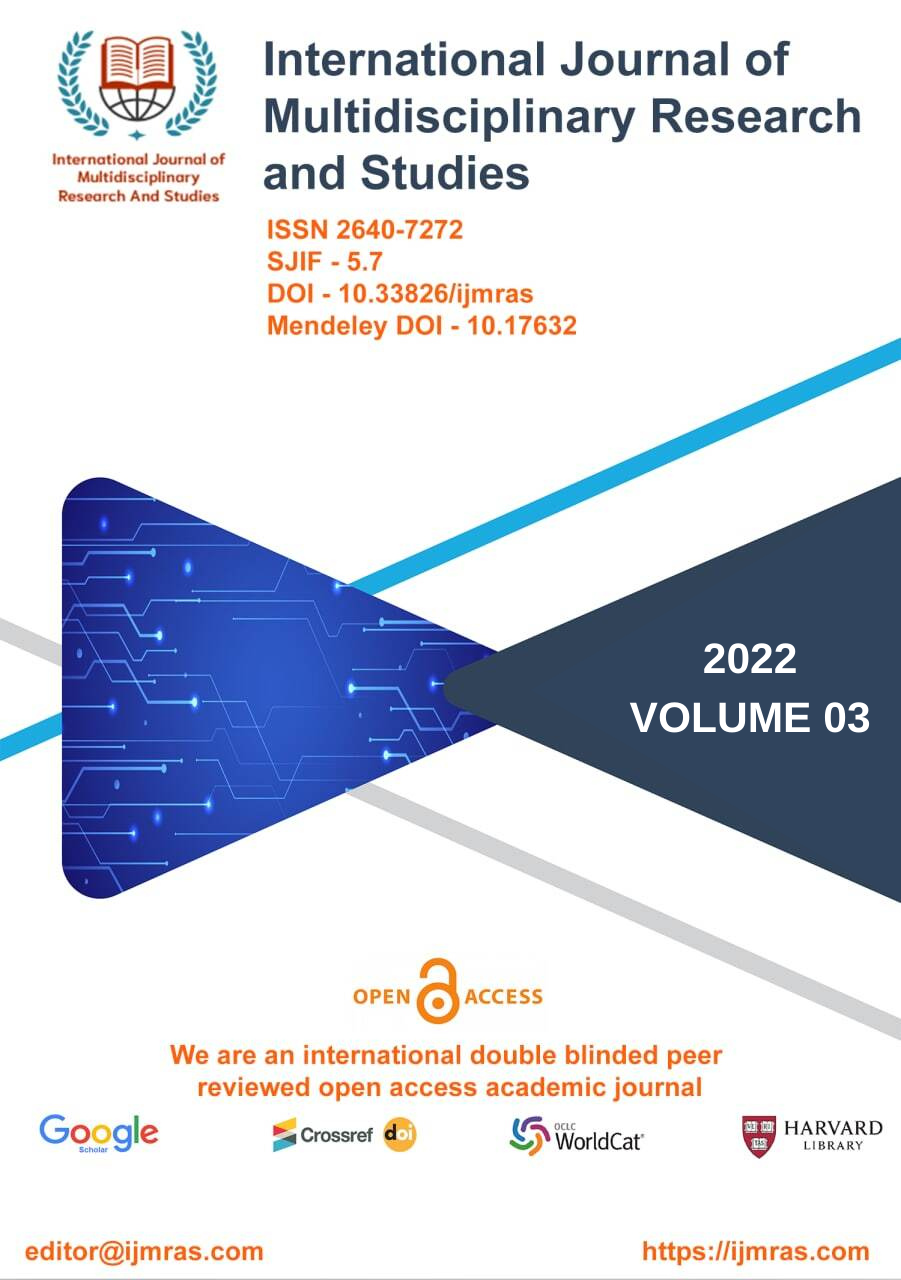A STUDY OF STRATEGIES FOR SUCCESSFUL HOME WASTE MANAGEMENT

Abstract
The problem of managing trash in urban settings is becoming a more complex one as a direct result of the growth in the total quantity of rubbish that is created as a result of human activities. This rise in garbage production is a direct outcome of urbanization. Insufficient waste management in developing nations has had a major negative impact, not only on the natural environment but also on public health (de S. Pereira & Fernandino, 2019). A number of local governments struggle to manage their municipal solid trash in a manner that is environmentally friendly. The major goals of this research were to assess the level of waste management that is practiced in a coastal municipality in India and to investigate the viability of using a particular set of indicators as a way of achieving this objective. A sustainability indicator matrix was used in order to better manage municipal solid trash. This was done for environmental reasons. The Indian National Policy on Solid Waste served as the foundation for the construction of this matrix, which was based on its five defined sustainability features (NPSW).
Keywords
Home, Waste Management, coastal municipality, NPSW, Indian National Policy,How to Cite
References
12th Finance Commission, (2005), “Guidelines for Municipal Solid Waste Management,” India.
Caring Capacity Based Development Plan, Directorate of Environment, Government of Bihar.
Eco-City plan for Kancheepuram Town, Directorate of Environment, Government of Bihar.
Economic Appraisal (2003-04, 2004-05), Evaluation and Applied Research, Department, Government of Bihar.
Government of Bihar (2009), Municipal Administration & Water Supply Department.
“Guidelines for Municipal Solid Waste Management” (2006), Ministry of Urban Development.
National Productivity Council, (2005), Final Report On Upgradation Plan for Existing Dumpsites at Perungudi and Kodungaiyur (Chennai), New Delhi.
Ready Reckner, (2008) “Municipal Solid Waste Management for Urban Local Bodies”, Commissionarate of Municipal Administration, Chennai.
Ready Reckoner, “Implementation of Municipal Solid Waste Management”, for Urban Local Bodies in Bihar.
Report on, “Bio-Composed Waste”, Annamalai Environmental Protection Trust, Bihar
Babaei, A. A., Alavi, N., Goudarzi, G., Teymouri, P., Ahmadi, K., & Rafiee, M. (2015). Household recycling knowledge, attitudes and practices towards solid waste management. Resources, Conservation and Recycling, 102, 94–100. doi:https://doi. org/10.1016/j.resconrec.2015.06.014
Badan Pusat Statistik Banda Aceh. (2018). Statistik Banda Aceh 2017. Banda Aceh.
Chakrabarti, S., Majumder, A., & Chakrabarti, S. (2009). Public-community participation in household waste management in India: An operational approach. Habitat International, 33(1), 125–130. doi:https:// doi.org/10.1016/j.habitatint.2008.05.009
License
Copyright (c) 2020 Priti Kumari

This work is licensed under a Creative Commons Attribution 4.0 International License.
Individual articles are published Open Access under the Creative Commons Licence: CC-BY 4.0.




